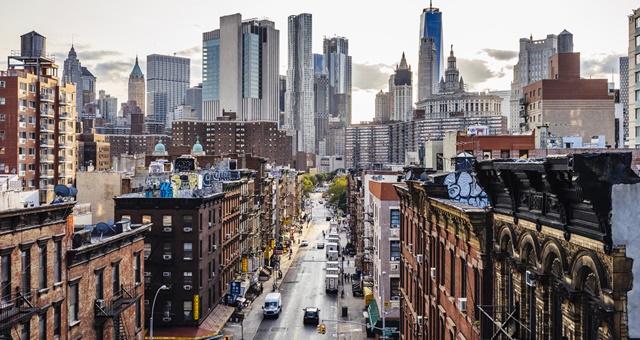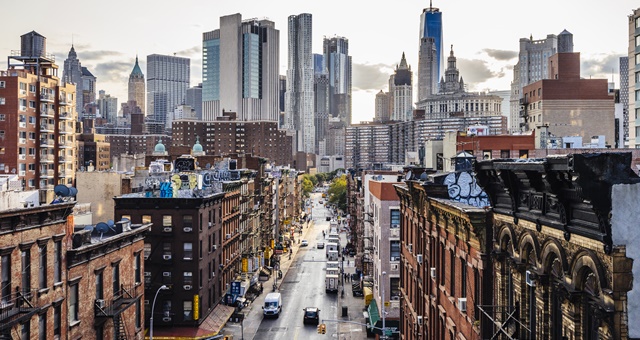
Short-term letting giant Airbnb has been slammed by the American Hotel and Lodging Association (AHLA) for allegedly indirectly endorsing an illegal hotel business in the New York City borough of Manhattan.
The scheme was uncovered as a result of a New York Times investigation which appeared on the front page of the newspaper last Sunday, 24 February. The article alleged more than 100 misleading host accounts and 18 phoney corporations had been set up to create an elaborate web which would avoid paying taxes and oversight.
The AHLA has called on state officials to pass and enforce stronger laws on short-term rental operators, also accusing Airbnb itself of failing to take any action to regulate and prevent illegal activity taking place on its platform.
AHLA President and CEO William Rogers said similar operations have been identified in other parts of the US but no action had been taken by those in charge.
“Airbnb is the main culprit to blame for these illegal activities because the company refuses to prohibit this type of illegal activity and vigorously attacks city leaders who try to rein in commercial operators,” Rogers said.
“Those who set up illegal and fraudulent rentals ultimately reduce the availability and affordability of housing for local permanent residents.”
Rogers acknowledged public comments by Airbnb senior management committing to encouraging a “one home, one host” policy under the notion of “true home sharing” however efforts by city officials to formalise or legislate similar policies are vehemently attacked by the company.
“The company’s leaders claim they want to pay taxes, but only if it’s under their secret, voluntary and non-auditable tax agreement.
“Airbnb alleges the company is in favour of registration and compliance for their hosts, yet the company sues city governments to withhold vital information from city officials trying to protect housing,” Rogers added.
State governments in Australia are reviewing regulatory legislation on the short-term letting and sharing economy. In NSW, a cap of 180 nights per year is currently in effect and due to be reviewed later this year, while strata corporations have been given more power to limit or restrict residents offering their properties on Airbnb or other similar platforms.
In a statement to HM, an Airbnb spokesperson said the company supported measures that curbed illegal large-scale hotel operations.
“When we implemented our voluntary One Host, One Home Policy policy back in 2016, we were clear that it was just a unilateral first step and more would be required in partnership with New York authorities.
“Above all, what this report shows is the continuing need for those additional measures, in the form of regulations that will preserve the rights of local residents who responsibly share their own home while focusing enforcement resources on large-scale illegal hotel operators. We have supported legislation that would do exactly that for the past three years and will continue to do so in this legislative session.”

